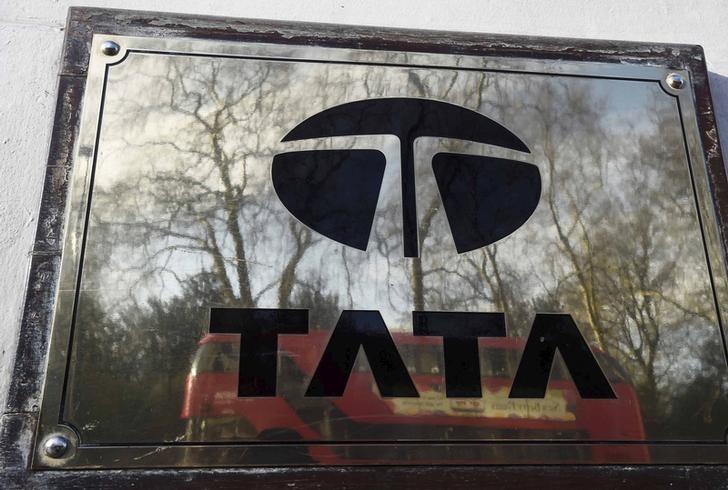Shares of Tata Steel fell 3% to a two-month low of Rs 96.55 on the BSE in Tuesday trade. The stock has fallen 7% over the past two sessions.
The note wiped out all gains after Tata Group’s board approved the merger of all metals companies into Tata Steel last week.
The board approved the merger of its seven metals subsidiaries with its parent metals company Tata Steel at its meeting on Friday, September 23. The seven companies that will be merged with Tata Steel are Tata Steel Long Products, The Tinplate Company of India, Tata Metaliks, TRF, The Indian Steel and Wire Products, Tata Steel Mining and Tech Mining.
Tata Steel is currently trading at its lowest level since the ex-dividend date of the stock’s July 28, 2022, 1:10 stock split.
On May 3, 2022, the Tata Steel Board of Directors approved a proposal to subdivide 1 Rs 10 per share company share into 10 Rs 1 per share shares to enhance capital liquidity and broaden the shareholder base to allow small Investors more ability to buy stocks.
In addition, Motilal Oswal Financial Services said that since the entity merged with Tata Steel and has become part of its consolidated account, the group has not increased profitability other than eliminating regulatory costs such as additional iron ore royalties.
Meanwhile, in its FY22 annual report, Tata Steel said it would focus on increasing its steelmaking capacity in India to increase its downstream value-added products through necessary investments in logistics and infrastructure, as well as new ventures. Invest in services and solutions and define a decarbonized future for its European operations in FY23.
As the company is on a growth path and capital needs are high, financing costs may be adversely affected by the rising interest rate environment. The company is also exposed to currency fluctuations given import requirements, foreign currency debt and offshore operations. It added that the development of climate change regulation and disclosure standards reduces access to capital and increases the cost of capital.
However, it has been generating strong cash flow due to strong operating performance and focused working capital management. It has been aggressively deleveraging over the past few years, significantly improving its credit metrics and reducing its vulnerability to financial market volatility and rising interest rates.


 Signals, Powered By EquityPandit
Signals, Powered By EquityPandit

